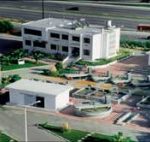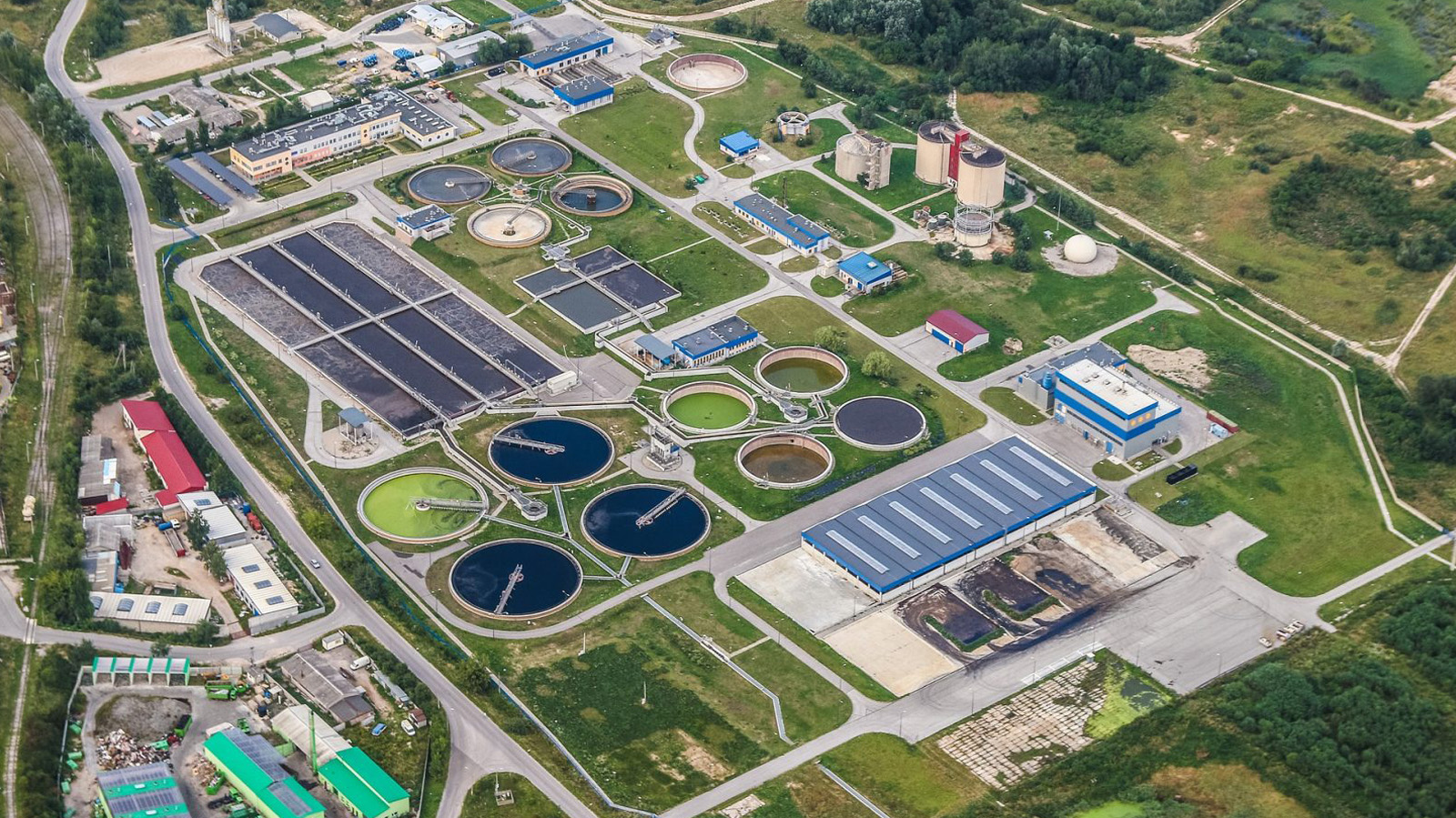DURATION: 01.01.2014 to 31.12.2017
BUDGET: 399,070.74/9,048,052.45€
FUNDING: FP7 Collaborative Project, Water Innovation Demonstration projects
ABOUT DESSIN
DESSIN: Demonstrate Ecosystem Services enabling Innovation in the Water Sector, was a four years Collaborative project funded by FP7 framework. Main objectives of DESSIN were to:
- demonstrate and promote innovative solutions to water-related challenges with a focus on water quality issues related to the implementation of the Water Framework Directive (WFD) and water scarcity;
- demonstrate a methodology for the valuation of ecosystem services (ESS) as catalyser for innovation in water management.
DESSIN launched demonstration projects of innovative solutions for the two challenges mentioned above, with special focus on urban areas. Solutions integrated technological, monitoring, modeling and management approaches for a more resource-efficient and competitive water sector in Europe. As a second key feature, an Evaluation Framework to account for changes in the value of ecosystem services (ESS) of water bodies that resulted from implementation of the solutions was developed and applied. By adopting this twofold approach, we were able to demonstrate how innovative solutions integrated in the water cycle can increase the value of the services provided by freshwater ecosystems, thus generating additional incentives and arguments for their market uptake and practical implementation. This supported innovation and competitiveness in water management by enabling a more informed selection of the most promising solutions, as regards their impact on the water body and their economic implications. The whole project was centered around the following suite of carefully selected sites across Europe, representative of global major water challenges, where we brought together public and private water management organisations and end-users, technology providers (SMEs), supporting RTD experts and relevant public authorities to demonstrate this approach in : Emscher (Germany), Hoffselva (Oslo area, Norway), Westland (The Netherlands), Athens (Greece) and Llobregat (Barcelona Area, Spain).
OUR ROLE IN THE PROJECT
UWMH haw been the main research partner for the Athens demonstration in collaboration with EYDAP SA. It provided input to innovation development (sewer mining and information and communications technology), focusing on solutions for water scarcity and drought and supported the work area ‘evaluation framework’ through sustainability assessment and model development for the decision support system (DSS) system.
Athens demo site
 Athens has suffered rapid urbanization resulting in few urban green spaces. Coupled with peri-urban forest fires in the last decade, this resulted in severe degradation of its environment and quality of life of its inhabitants. What is seen as priority is the deployment of innovative management options and technologies for reuse, needed to irrigate (primarily) green urban areas. The demonstration site of Athens therefore looked into sewer mining for distributed reuse within the urban environment, exploiting state-of-art Information and Communication Technology (ICT) solutions for distributed monitoring and management of multiple sites.
Athens has suffered rapid urbanization resulting in few urban green spaces. Coupled with peri-urban forest fires in the last decade, this resulted in severe degradation of its environment and quality of life of its inhabitants. What is seen as priority is the deployment of innovative management options and technologies for reuse, needed to irrigate (primarily) green urban areas. The demonstration site of Athens therefore looked into sewer mining for distributed reuse within the urban environment, exploiting state-of-art Information and Communication Technology (ICT) solutions for distributed monitoring and management of multiple sites.
At the Athens pilot site, we demonstrated a fully automated packaged treatment plant, featuring membrane based, small footprint, sewer mining technologies that allow direct mining of sewage from the network, close to the point-of-use with minimum infrastructure required and low transportation costs for the treated effluent. Distributed low energy sensor networks were coupled with distributed ICT intelligence innovations in terms of data fusion, data communication, interoperability and mobile solutions for remote controlling and operating the distributed infrastructure. The demo site was also used for testing reused water characteristics on the soil through onsite experiments, irrigating onsite peri-urban green. The packaged treatment plant layout consisted of two units, the Membrane Bio-Reactor unit and the Reverse Osmosis unit, combined in a new design of one containerized system. Membrane technology removed most viruses and bacteria from treated water as the chosen membrane had a pore size ≤ 0,030μm. Effluent quality made it appropriate for irrigation, car washing, WC flushing and even laundry and household uses, if RO was also used as tertiary treatment. The packaged treatment plant was developed and connected to the main sewage system.
See project’s video easily explaining Sewer mining


